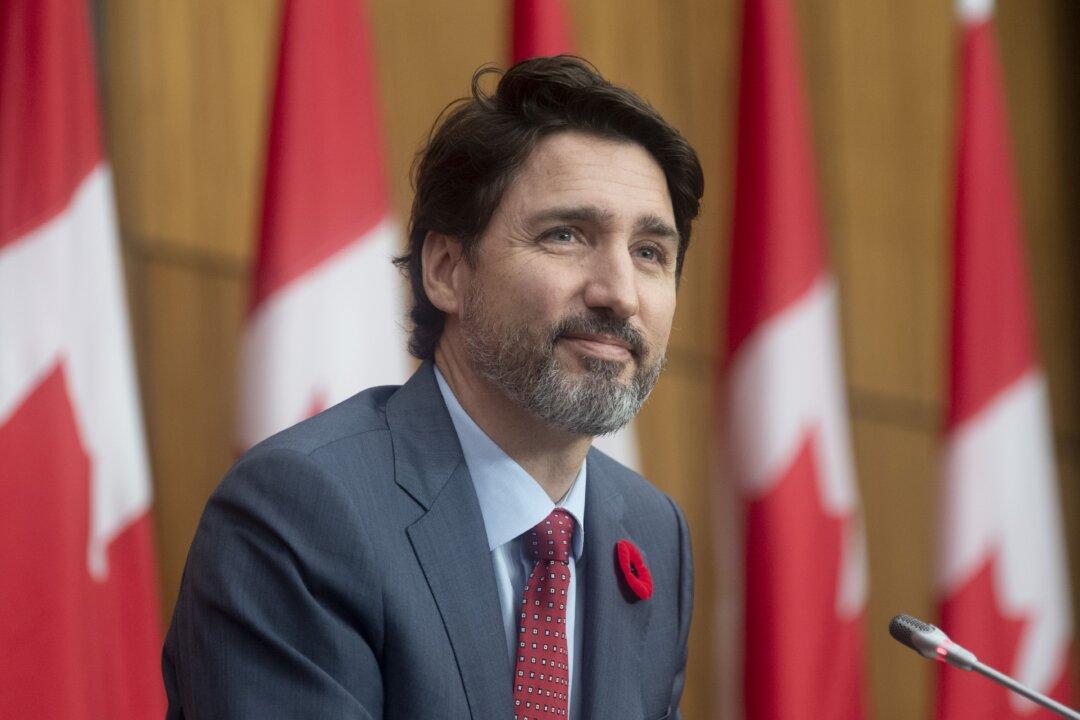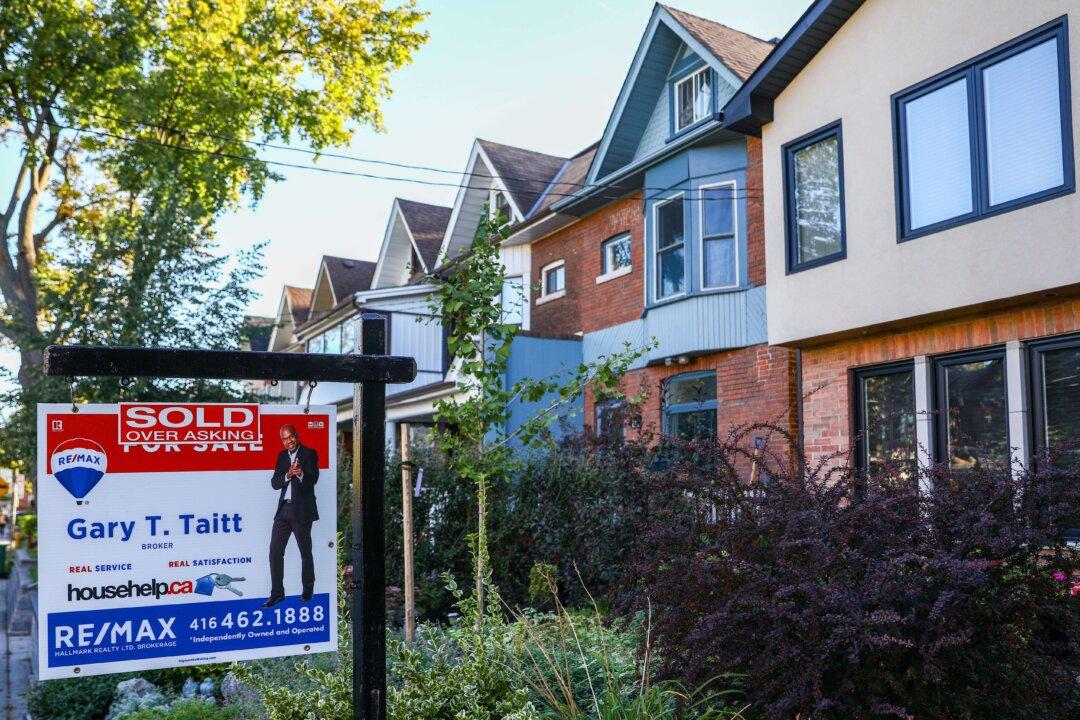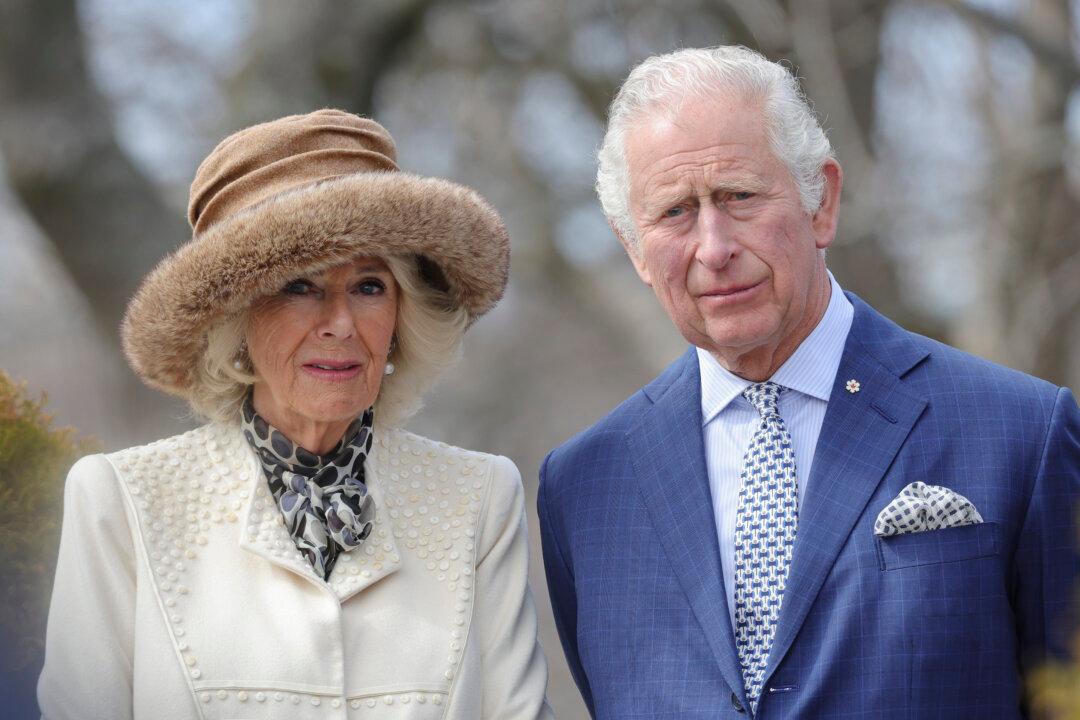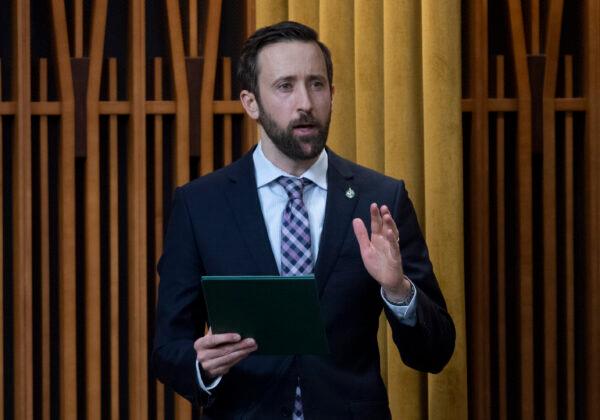Commentary
A recently resurfaced video of Prime Minister Justin Trudeau addressing the United Nations brings up some crucial questions. The meeting at which he spoke took place in September, but the video clip only made the rounds on social media this past the weekend.





